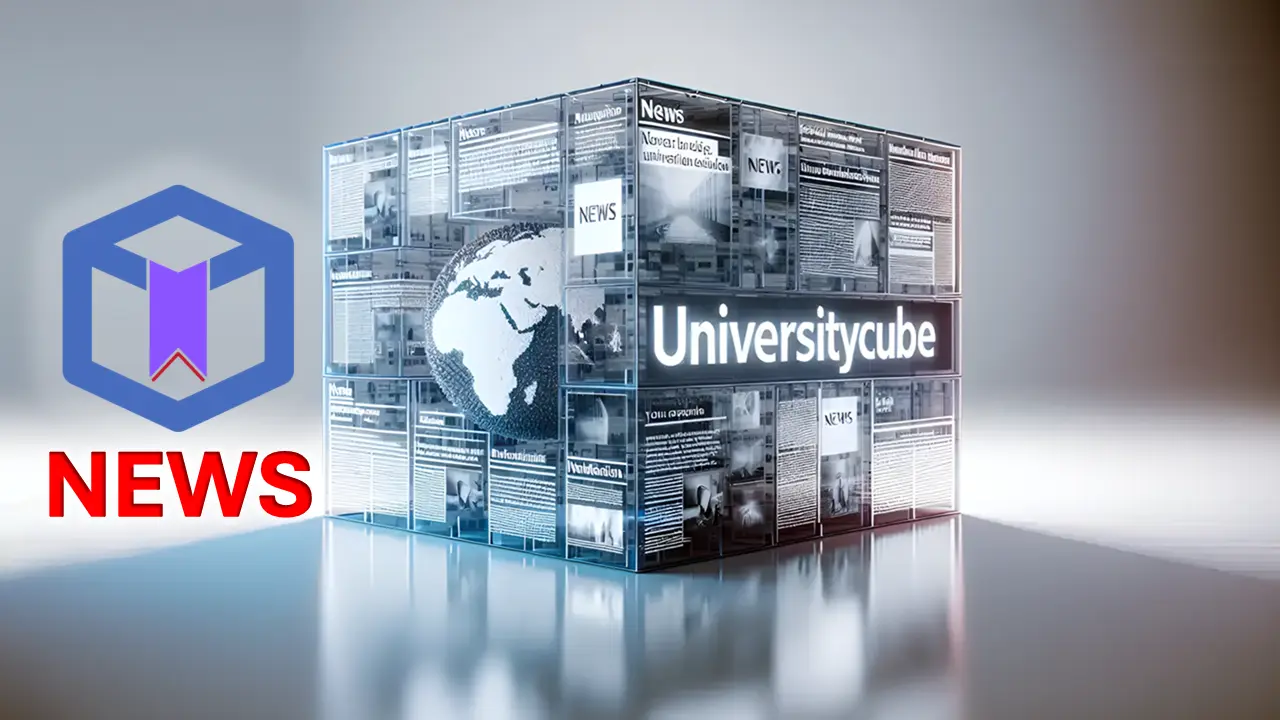Mumbai Teen Arav Kaul Transforms STEM Education in Jammu and Kashmir with Project Zul
29 views
Mumbai teen Arav Kaul is inspiring Jammu and Kashmir students with Project Zul, a STEM initiative focused on robotics and coding. The program equips grades 9-10 with microcontroller programming skills, providing free Arduino kits and training for teachers. Over 1,000 students are involved, with a showcase planned to exhibit their innovations.
Project Zul: A Teenager's Vision to Ignite Technological Sparks in Jammu and Kashmir
In a world where technology is often seen as the great equalizer, a 17-year-old from Mumbai is proving that age is no barrier to creating meaningful change. Arav Kaul, a high school student with a passion for STEM education, has launched Project Zul, a grassroots initiative designed to revolutionize how students in Jammu and Kashmir engage with robotics and coding. What began as a personal mission to share his love for technology has quickly evolved into a movement that is shaping young minds across the region.

Project Zul, named after the Kashmiri word for “bridge,” is exactly that—a bridge between theoretical knowledge and hands-on experimentation. The program has already reached over 1,000 students, primarily in grades 9 and 10, providing them with free Arduino kits and practical training in microcontroller programming. The initiative also extends its reach to educators, with teachers from 15 schools receiving specialized training to ensure the program’s sustainability. Weekly sessions held throughout March and April have turned classrooms into innovation hubs, with a grand showcase of student projects set to take place later this month.
For many of these students, this is their first encounter with the tangible side of technology. The Arduino kits, which are often prohibitively expensive for families in the region, serve as a gateway to a world of possibilities. Through guided sessions, students learn to build and program devices, from simple LED systems to more complex prototypes. The excitement is palpable as they watch their ideas come to life, one blinking light or moving motor at a time.
But Project Zul is more than just a series of workshops; it is a statement of belief in the untapped potential of Jammu and Kashmir’s youth. The region, often overshadowed by political and social challenges, is rarely associated with technological advancement. Arav, however, sees a different narrative—one where innovation and creativity thrive despite the odds. His initiative is a testament to the transformative power of education, particularly in fields like STEM, which hold the promise of a brighter future.
The impact of Project Zul is already evident in the stories emerging from participating schools. Teachers, many of whom were initially skeptical about their ability to grasp the complexities of robotics, now speak with pride about their students' accomplishments. One teacher described how a group of students designed a prototype for an automated irrigation system, an idea inspired by the agricultural needs of their community. Another student group is working on a basic weather monitoring station, a project that could have real-world applications in the region’s climate-sensitive zones.
Arav’s vision for Project Zul doesn’t end with its current success. He is actively seeking partnerships and donations to expand the program, both in terms of scale and scope. His ultimate goal is to create a culture of STEM education and innovation in Jammu and Kashmir, one that can rival any metropolitan city in India. “The potential is immense,” he says. “All it takes is the right tools and opportunities to unlock it.”
The initiative also raises broader questions about the role of grassroots efforts in addressing systemic educational gaps. While government programs and policies often focus on macro-level changes, initiatives like Project Zul operate at the micro-level, directly impacting individuals and communities. They serve as a reminder that meaningful change often begins with a single idea, nurtured by determination and a willingness to act.
As the students of Jammu and Kashmir prepare to showcase their projects later this month, the excitement is matched by a sense of possibility. For many, this will be their first opportunity to present their work to an audience, to see their efforts validated and celebrated. More importantly, it will be a moment to envision what could be—a future where they are not just consumers of technology but its creators.
Arav Kaul’s journey with Project Zul is a compelling example of how one person’s passion can ignite a movement. In a time when the digital divide continues to widen, initiatives like his serve as a beacon of hope, demonstrating that with the right resources and mentorship, even the most remote corners of the world can become centers of innovation. As the lights of the Arduino kits blink across classrooms in Jammu and Kashmir, they signal not just the completion of circuits, but the beginning of something far greater—a generation ready to shape the future with their own hands.